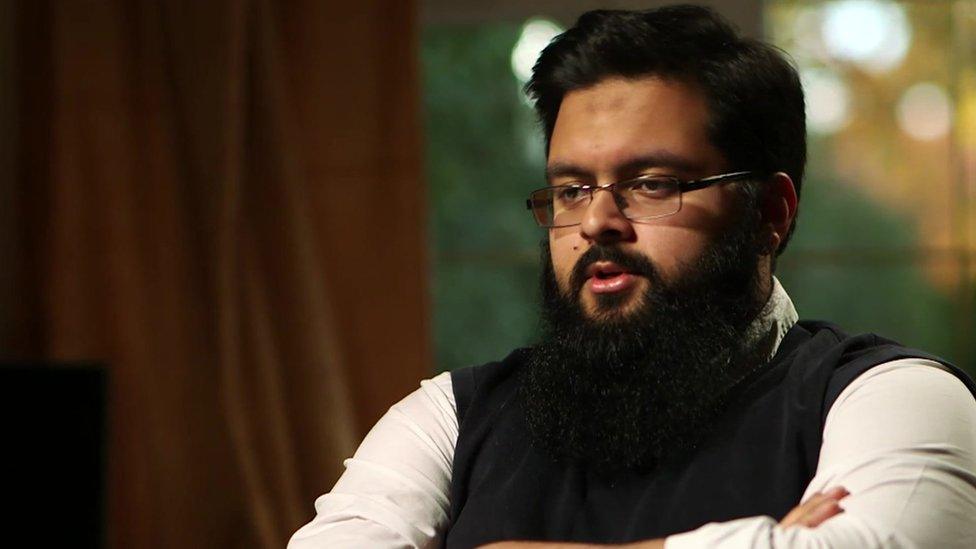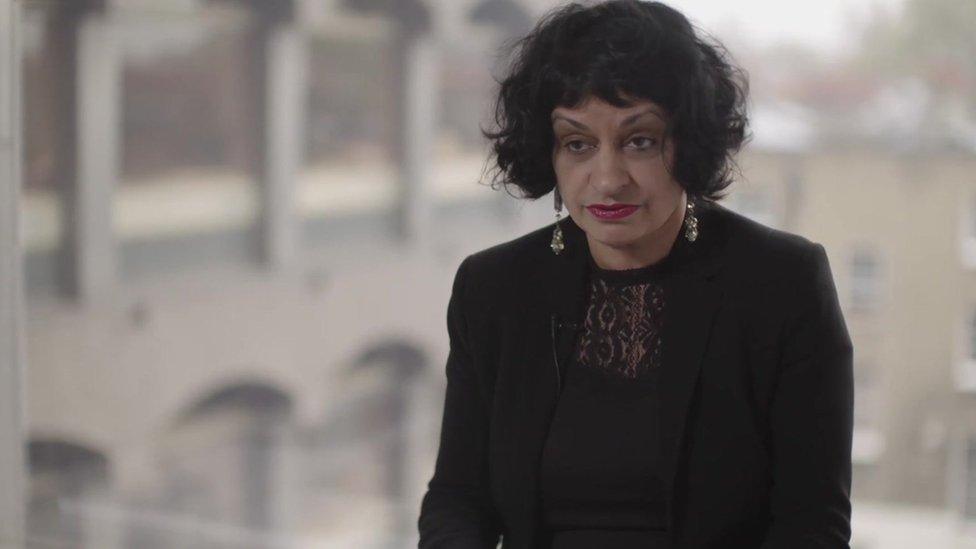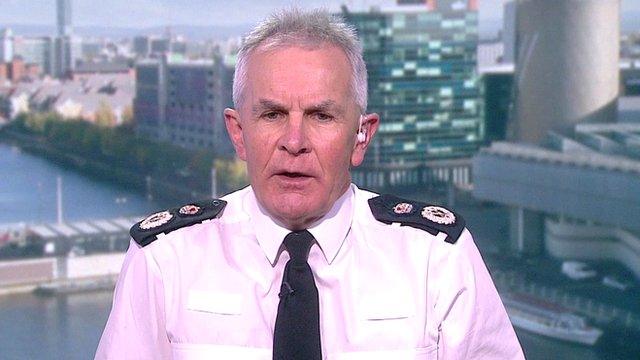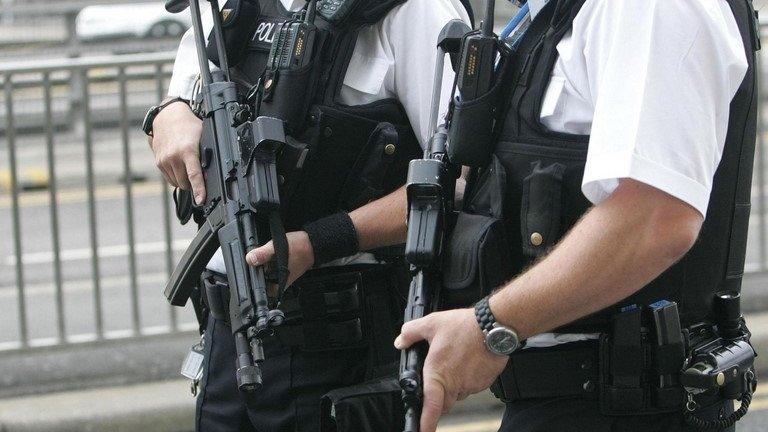'Prevent' counter-extremism strategy faces legal challenge
- Published

Dr Salman Butt says he was unfairly labelled a "non-violent extremist" by the government
A key part of the government's counter-terrorism strategy, Prevent, is to face a legal challenge in the High Court on Tuesday.
Salman Butt, a British Muslim activist, has launched legal action, saying he was named as a "non-violent extremist" by the government.
He says aspects of Prevent breach free speech rights.
The Home Office has accused Dr Butt of expressing views that violate British values, something Mr Butt denies.
A Home Office spokesman said: "It would be inappropriate to comment on ongoing legal proceedings."
'Stigmatising effect'
The Home Office has said the Prevent strategy plays a key role in the fight against terrorism, but it has faced criticism - including from some British Muslims, who say it alienates them.
Last September, Mr Butt was named in a Downing Street press release about an aspect of the strategy, known as the Prevent duty, being used to stop extremists radicalising students on university campuses.
He was listed as one of six speakers who gave talks on campuses, and was said to have views that violated British values - such as democracy, free speech, equality and the rule of law.
Under the Prevent guidance, such individuals meet the definition of a "non-violent extremist".
Through a parliamentary question to the Home Office, it was later revealed that Mr Butt - who is the chief editor of the web discussion forum Islam21c - had been accused of using the site to host material violating British values.
The Home Office said he had also personally expressed views on the site, and on social media, that appeared to compare homosexuality to paedophilia as a sin and supported female genital mutilation [FGM].
He was also accused of speaking alongside the campaign group Cage, and supporting their attempt to "try to justify... the resort to violence" of Mohammed Emwazi, the so-called Islamic State militant better known as Jihadi John.
Mr Butt, 31, from Slough, denies holding views contrary to British values.
He told the BBC's Victoria Derbyshire programme: "I'm a father of three, I'm a British Muslim, a writer, an activist. I am not an extremist, either violent or non-violent.
"Being labelled as some kind of extremist does have a stigmatising effect. I have not spoken at any universities since I was named in the [Downing Street] press release.
"My aim isn't just to clear my name, it is to bring transparency to the hidden processes by which individuals are tarnished with the label of an extremist, to ensure it is brought into the scrutiny of the courts."
'Unlawful'
Earlier this year, a High Court judge ruled Mr Butt had an arguable case against the home secretary, and permission was granted to take the judicial review case to a full hearing.
Mr Butt's lawyers will be challenging part of the Prevent strategy that aims to stop people becoming or supporting terrorists.
Specifically they are challenging the Prevent duty, and how it has to be implemented in universities and further education institutions.
Since September 2015, the Prevent duty, issued under the Counter-Terrorism and Security Act, places universities and colleges in the UK under a legal obligation to engage with the Prevent strategy, and to have "due regard to the need to prevent people from being drawn into terrorism".
This means they are required to put in place specific polices to stop extremists radicalising students on campus, tackle gender segregation at events and support students at risk of radicalisation.

Saimo Chahal QC believes the Prevent duty guidance goes against the right to free speech
Saimo Chahal QC, partner and human rights lawyer at Bindmans LLP, said Mr Butt's challenge was a test case.
"The Prevent duty guidance issued to higher education institutions is flawed because it conflicts with the right to free speech which is enshrined in the Education Act for higher education institutions," she said.
"The challenge, if successful, could have major implications for the controversial policy as it applies to universities and higher education,' she added.
Mr Butt's lawyers will also be challenging the definition of "extremism" under the Prevent strategy, which they say is ill defined.
Additionally, they have been given permission to challenge the way the government's Extremism Analysis Unit collected information about Mr Butt, arguing the process lacks transparency, and that the procedure for identifying people as extremists is flawed and in breach of the law.
The three-day hearing is likely to be fought vigorously and go on to the Supreme Court, owing to its potential implications on government policy.
The BBC's Victoria Derbyshire programme is broadcast on weekdays between 09:00 and 11:00 on BBC Two and the BBC News channel.
- Published9 March 2015

- Published9 March 2015

- Published26 August 2014
